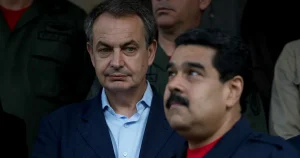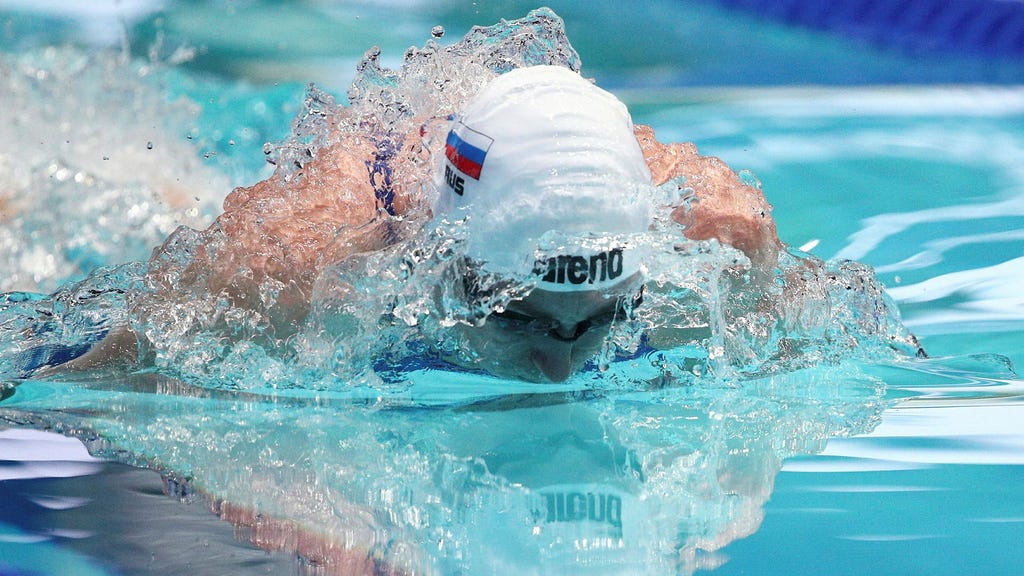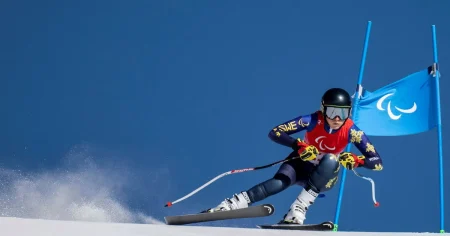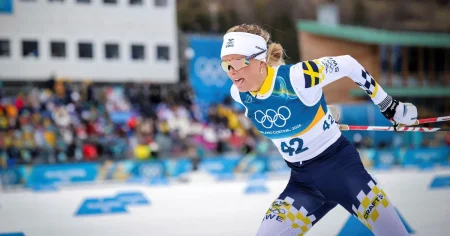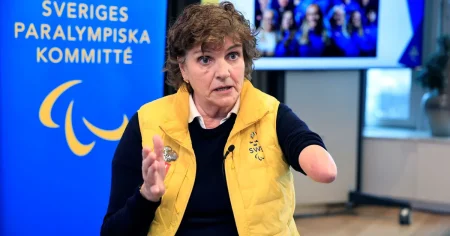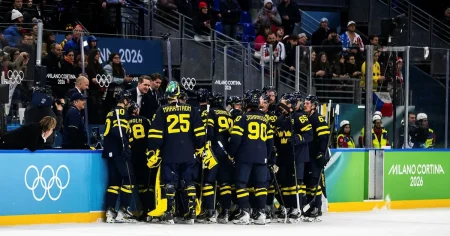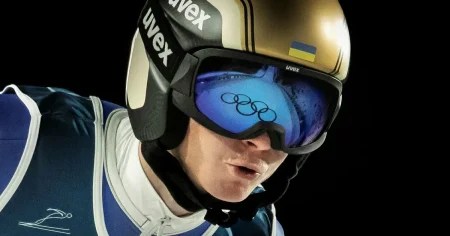The Swedish Swimming Federation has sharply criticized the World Aquatics, the international governing body for aquatic sports, for its decision to allow Russian and Belarusian athletes to compete in team events under a neutral flag. This decision marks a significant escalation from the previous stance, which permitted individual participation but prohibited team involvement. The federation’s president, Pia Zätterström, has voiced strong concerns, labeling the move a ”sneaky normalization” that challenges the very concept of neutrality and risks jeopardizing the safety and security of the competition environment.
The controversy surrounding the participation of Russian and Belarusian athletes in international sports began following Russia’s full-scale invasion of Ukraine in February 2022. Numerous sports federations, including World Aquatics, initially banned these athletes from competitions. Over time, some federations began to cautiously reintegrate individual athletes under neutral flags, subject to specific conditions. However, certain sports, such as track and field, have maintained a complete ban. Swimming’s return to international competition for Russian and Belarusian athletes began with the World Championships in Doha in February 2024, where only Belarusian swimmers participated. Even then, the Swedish Swimming Federation, along with all other Nordic federations, vehemently opposed World Aquatics’ decision.
The Swedish Swimming Federation’s current outrage stems not only from the decision itself but also from the manner in which it was communicated. Zätterström revealed that World Aquatics failed to inform any of the national federations directly about the change in policy regarding team participation. Instead, news of the decision broke through an article in international media, later confirmed by updated guidelines discreetly posted on the World Aquatics website. This lack of transparency and dialogue has further exacerbated the situation and amplified the concerns of the Swedish and other federations. This echoes a previous incident in September 2023 when the decision to allow individual participation was also announced abruptly and without prior consultation.
The Swedish Federation maintains its firm stance in solidarity with Ukraine, emphasizing the importance of a sporting world that prioritizes safety, equality, and respect. They view World Aquatics’ recent decision as a direct contradiction of these principles and a troubling precedent for future decisions. The European Swimming Federation shares these concerns and continues to exclude Russian and Belarusian swimmers from its competitions. The federation has urged World Aquatics to reconsider its decision and develop transparent and equitable guidelines that uphold the values of sport and ensure the safety of all participants. They call for a more open and collaborative approach to decision-making in the future.
The immediate impact of this decision is evident in the entry lists for the Short Course World Championships in Budapest, starting on Tuesday. Russia, for the first time since being allowed back into competition under a neutral flag, has sent a substantial contingent of 28 swimmers. Belarus, which has participated more consistently since its reinstatement, has entered five swimmers. Notably, teams representing both NAB (Russia) and NAA (Belarus) are listed for relay events, confirming their inclusion in team competitions. This large-scale participation underscores the significance of World Aquatics’ decision and the potential repercussions for the sport.
The Swedish Swimming Federation’s strong criticism reflects a broader debate within the international sports community about the balance between upholding sporting principles and responding to geopolitical events. The decision to allow Russian and Belarusian athletes to compete, even under a neutral flag, has been met with varying degrees of acceptance and resistance. The lack of transparency and communication from World Aquatics has further complicated the issue and heightened tensions. The upcoming Short Course World Championships will undoubtedly be closely watched as the implications of this decision unfold. The future of Russian and Belarusian athletes’ participation in international aquatics remains uncertain, with ongoing discussions and potential further developments anticipated.



